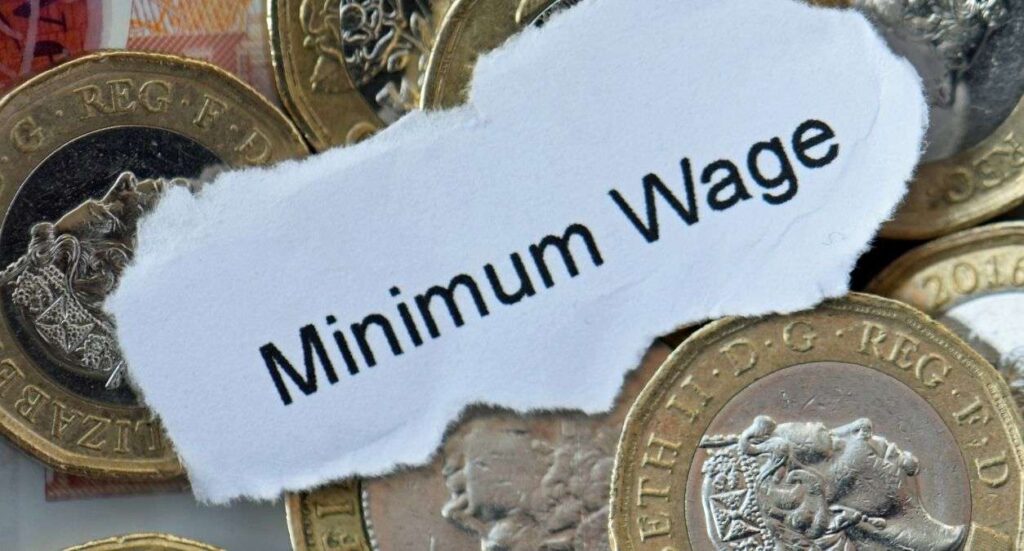Table of contents
Table of contents
Whether you’re looking to top up other sources of income or regard it as your livelihood, returns on your investments can assume an important role. Some people focus on building their pension pot and others may focus on property investment. Or, some may do a bit of both.
In comparing pension vs property investing, which of the two is likely to come out on top? Which is expected to deliver more attractive returns? Which carries the greater risk?
About Us
There are some forms of insurance that can support your pension income as an investment in your family’s financial security. But our Rent Guarantee Insurance offers more immediate safeguards for the rental income you rely on from your property investment.
Not only can you protect the income from tenants who have defaulted on what they owe, but our Rent Guarantee Insurance package will also cover (up to set limits) the costs associated with any necessary legal action against your tenant.
Get Rent Guarantee Insurance from Protectivity
*Disclaimer – This blog has been created as general information and should not be taken as advice. Make sure you have the correct level of insurance for your requirements and always review policy documentation. Information is factually accurate at the time of publishing but may have become out of date.
Last updated by


















